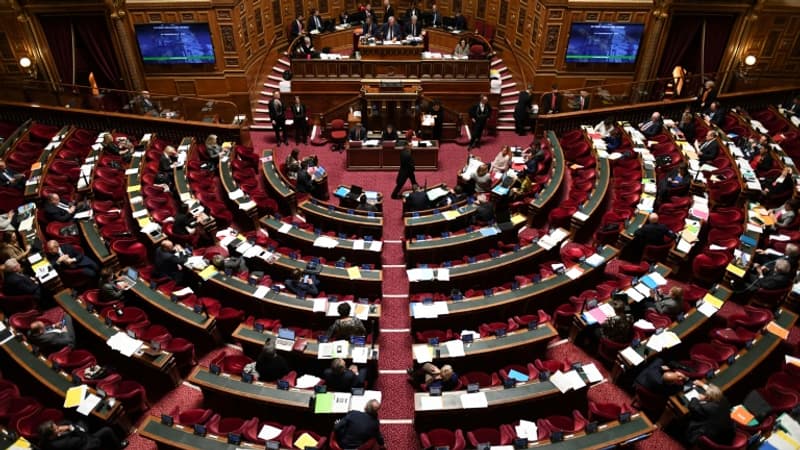“An important step has been taken.” On Saturday night, Elisabeth Borne celebrated the approval of the pension reform by the Senate by a vote of 195 to 112. “Despite attempts at obstruction by certain groups, the democratic debate took place,” greeted the Prime Minister.
A first success for the government that, however, will have to wait a few more days before declaring victory. Because next week promises to be decisive with the continuation and end of the parliamentary shuttle that could force the Government to remove article 49.3.
• March 15: mixed committee
After the Senate, now it is the turn of the mixed commission (CMP) to enter the scene. This conclave will gather on Wednesday 7 deputies, 7 senators and as many substitutes in a closed room at the Palais Bourbon with the aim of reaching a compromise on the measures that the Assembly and the Senate have not voted on in the same terms.
The presidential camp and the right seem to have control of this CMP, with 5 and 4 holders respectively each, including Olivier Marleix, head of the LR deputies, in favor of the reform.
• March 16: return of the text to the Senate and the Assembly
In the best of scenarios for the executive, if deputies and senators reach an agreement within the joint commission, which is most likely, the reformed text must be validated on Thursday, March 16, starting at 9 am in the Senate. , then at 3 pm the Assembly. This last vote, if it is positive, will be worth the final approval by Parliament.
But doubts about the existence of a majority in the Assembly have revived the hypothesis of recourse by the Government to article 49.3 of the Constitution. It allows adoption without a vote but exposes the executive to the risk of a vote of no confidence.
• March 26: end of the exam
If the CMP fails to reach a compromise, there will be a new reading of the text in the Assembly, then in the Senate. This would make the government’s use of 49.3 more likely. Otherwise, and assuming that the two chambers do not agree on the final version of the text, the last word would rest with the National Assembly.
This shuttle would, in any case, be very limited in time, and the debates should be concluded no later than March 26 at midnight. At issue: the government’s chosen legislative vehicle – a Social Security Financing Reform Bill (PLFRSS) – that allows it to use the article 47.1limiting debates in Parliament to 50 days.
Source: BFM TV


